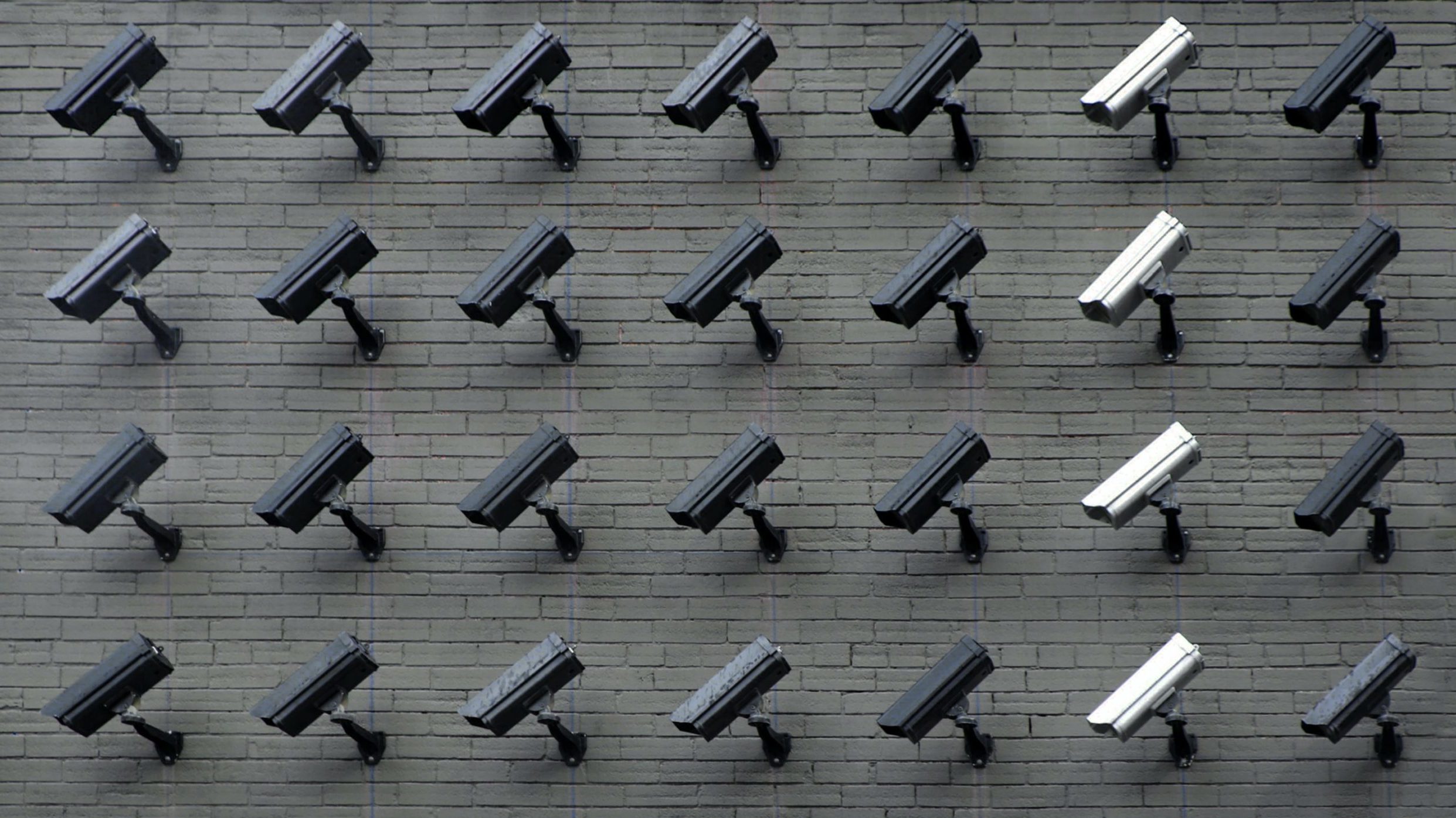Christians meeting secretly, watching online services or chatting about faith issues are in increasing danger from the threat of spyware, according to persecution watchdog group Open Doors USA.
David Curry, president and CEO of Open Doors, said Pegasus spyware currently is “the world’s most sophisticated threat to human rights.”
The developers of Pegasus, NSO Group, say the software is intended for use against criminals and terrorists and is available only to military, law enforcement and intelligence agencies from countries with good human rights records.
But a joint investigation dubbed the Pegasus Project, conducted by Paris-based NGO Forbidden Stories, Amnesty International, The Washington Post and 16 other global media outlets, reported more than 1,000 people spanning more than 50 countries whose phone numbers were on a list being surveilled by Pegasus.
The list includes politicians and government leaders, business executives, journalists and activists. Many of the numbers were clustered in 10 countries, according to the BBC: Azerbaijan, Bahrain, Hungary, India, Kazakhstan, Mexico, Morocco, Rwanda, Saudi Arabia and the United Arab Emirates.
Countries of concern
That concerns Curry because five of the countries are on the 2021 World Watch List of those where persecution of Christians is highest – India (No. 10), Saudi Arabia (No. 14), Morocco (No. 27), Mexico (No. 37) and Kazakhstan (No. 41).
In an article published by Religion News Service, Curry called the list of clients that reportedly are using Pegasus “positively chilling.”
“Of the 10 governments that reportedly purchased the tool, all have known histories of human rights violations and have repeatedly demonstrated their desire to suppress dissent,” Curry said.
“For anyone who cares about threats to religious freedom, the Pegasus Project exposes a startling development: Authoritarian states now have all the tools they need to surveil, target and censor religious minorities,” he added.
Curry emphasized that state-sponsored religious persecution has been rising in recent years. In China, for example, the Chinese government routinely uses facial recognition technology to identify opponents of the Chinese Communist Party. He said other countries, including India, Saudi Arabia, Hungary, Kazakhstan and Vietnam, are following China’s lead in efforts to crack down on dissent.
‘Widespread criminalization of faith’
The result of more powerful spyware being available, Curry said, is the “widespread criminalization of faith and dissenting opinion.”
While Americans are relatively protected from many of the rights violations endured abroad, Curry noted that increasing dependence of faith groups and news outlets on social media platforms such as Facebook and WhatsApp, coupled with pandemic-driven rise in online church attendance, further exposes people of faith to their persecutors.
“The Pegasus Project reveals no online expression of faith is truly safe,” Curry said. “The world must redouble our commitment in pressuring authoritarian regimes to respect the free expression of religion and freedom of speech.”
Curry said Rashad Hussain, the newly appointed U.S. ambassador-at-large for international religious freedom, could play “a critical role in countering authoritarian governments that are infiltrating social media platforms and misusing technology like Pegasus.”
He also called for greater accountability from tech firms that often are “willing to turn a blind eye in the pursuit of profit,” Curry added.
“Any company that sells surveillance tools to known violators of human rights should face consequences for doing so,” he asserted. “A worldwide coalition must issue a moratorium on the sale of such technology to governments that refuse to comply with international standards of human rights. Accountability measures must be established to ensure compliance, and violators must be severely punished.
“In light of the Pegasus Project, further inaction equates to censoring ourselves.”
For more information on helping believers across the globe persecuted for their faith, go to opendoorsusa.org.






Share with others: